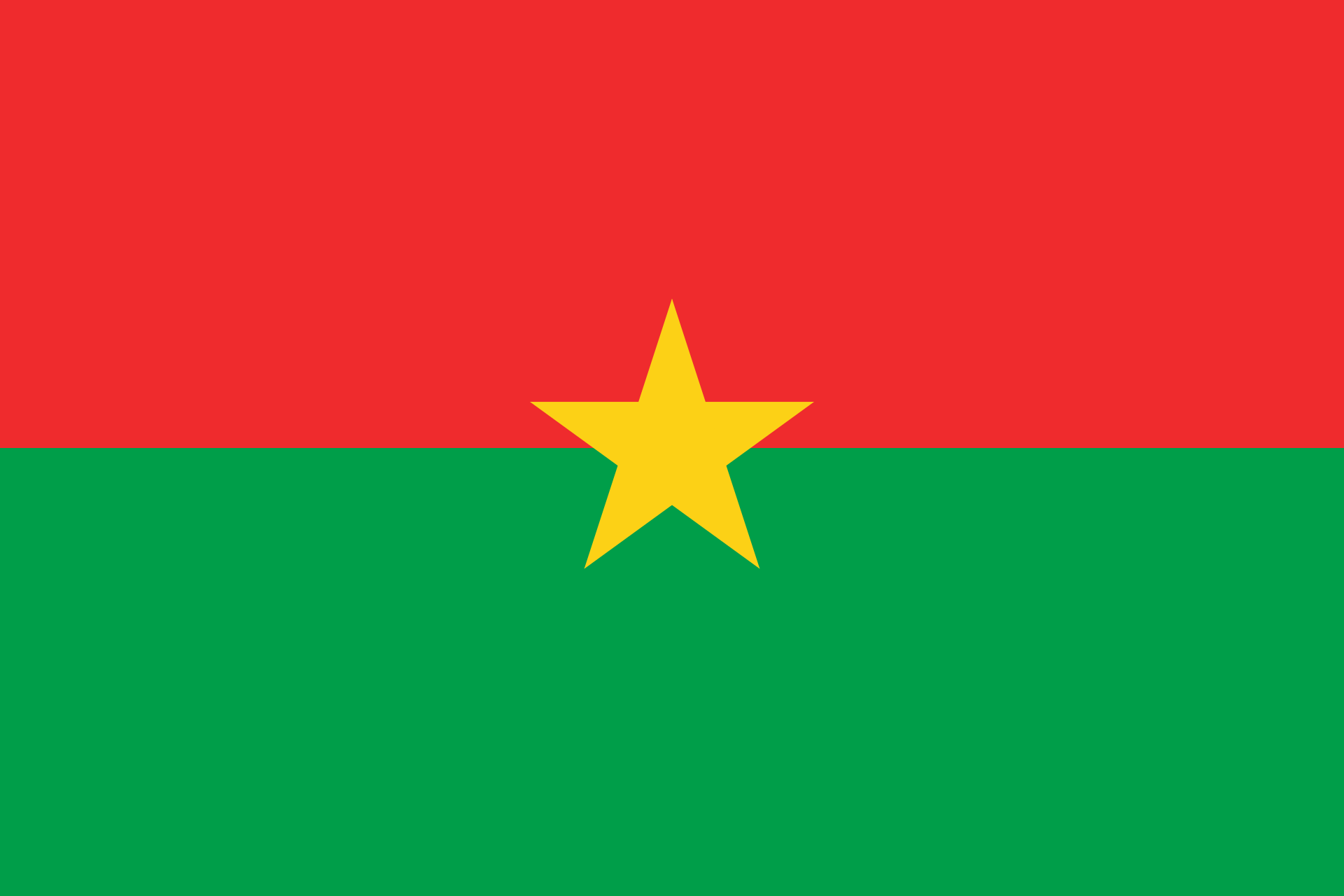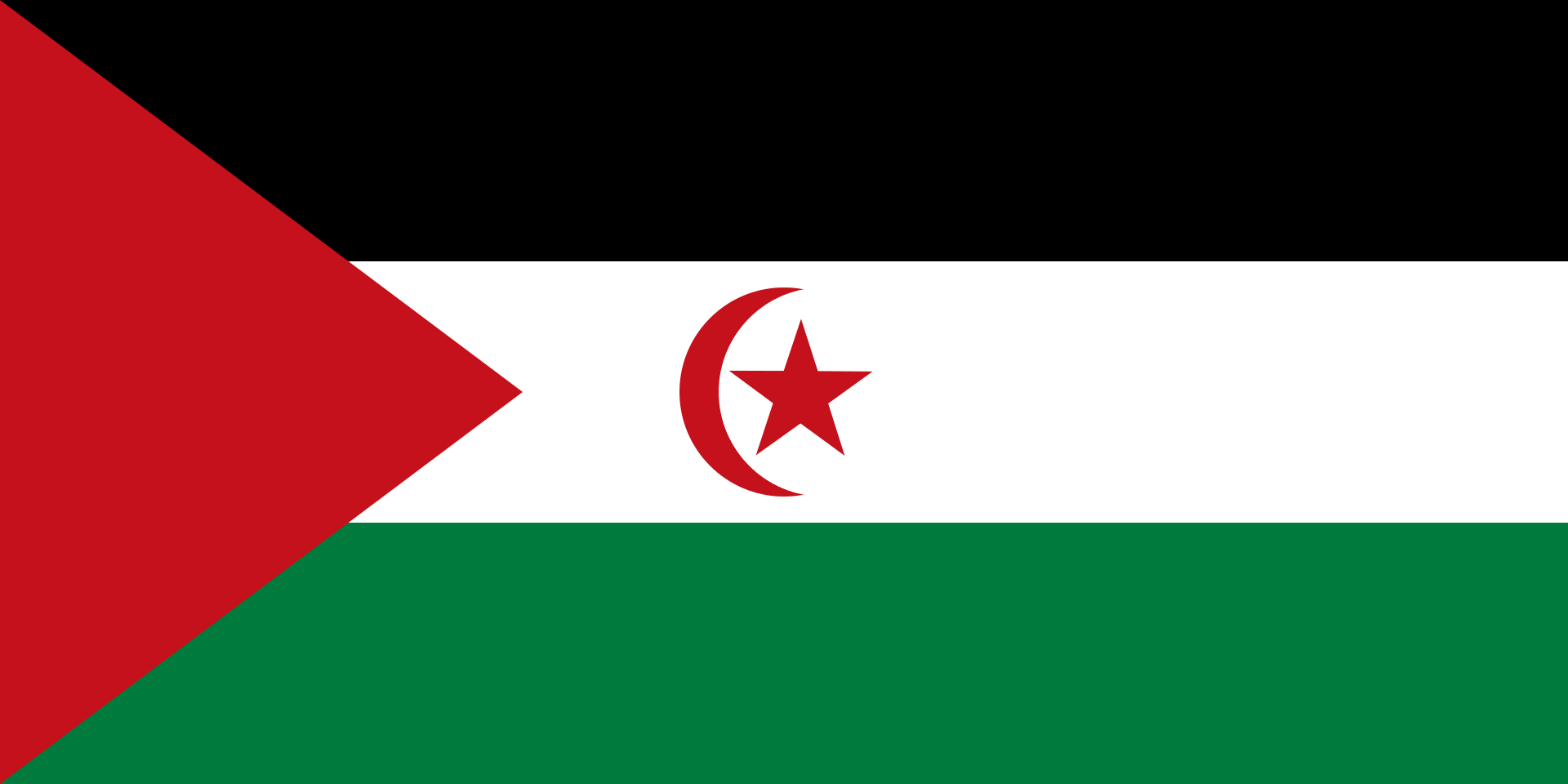Population
21,530,181
Last updated:
1 NovArea
274,200 km2
Last updated:
1 NovCurrency
West African CFA franc (XOF)
Last updated:
1 NovOfficial Language
French
Last updated:
1 NovPhone code number
+226
Last updated:
1 NovInternet TLD
.bf
Last updated:
1 NovAverage monthly salary
160 $
Last updated:
1 NovTotal millionaires
8 persons
Last updated:
1 NovTotal billionaires
0 persons
Last updated:
1 NovMilitary power
Passport rank
90
Last updated:
1 NovVisa free
58 country
Last updated:
1 NovReligions in Burkina
60.5% Islam
23.2% Christianity
15.3% Indigenous beliefs
1.0% Irreligious and others
Info about Burkina (History)
Burkina Faso is a landlocked country in West Africa that covers an area of about 274,200 square kilometers (105,900 sq mi) and borders Mali in the northwest, Niger in the northeast, Benin in the southeast. Togo and Ghana to the south and the Ivory Coast to the southwest. According to United Nations estimates, the population in July 2019 was 20,321,378. Formerly known as the Republic of Upper Volta (1958-1984), on 4 August 1984 it was renamed Burkina Faso by President Thomas Sankara. Its inhabitants are known as Burkinabe or Burkinabe, and its capital and largest city is Ouagadougou. Because of French colonialism, the official language of the country's government and business is French. However, in fact, only 15% of the population speaks French regularly. There are 59 native languages spoken in Burkina, of which the most widely spoken is Murian, which is spoken by about 50% of Burkina Faso's residents.
The Upper Volta Republic was created on December 11, 1958 as a self-governing colony within the French Community, and on August 5, 1960, it gained full independence with Maurice Yameogo as president. Following protests by students and unionists, Yameogo was overthrown in a 1966 coup d'état led by Sangule Lamizana, who became president. His reign coincided with drought and famine in the Sahel, and faced with problems from the country's trade unions, he was overthrown in a 1980 coup d'état led by Saye Zerbo. Against union resistance, the Zerbo government was overthrown in a 1982 coup d'état led by Jean-Baptiste Ouedraogo.
Thomas Sankara, a Marxist and leftist faction leader in the Ouedraogo government, was appointed prime minister but was later imprisoned. Attempts to release him led to a 1983 coup d'état that saw him become president. Sankara renamed the country Burkina Faso and launched an ambitious socio-economic program that included a nationwide literacy campaign, land redistribution among peasants, the construction of railways and roads, and a ban on female genital mutilation, forced marriage and polygamy. Sankara was overthrown and killed in a 1987 coup d'état led by Blaise Compaore. The reason for the coup was the deterioration of relations with the former colonizer of France and its ally Côte d'Ivoire.
In 1987, Blaise Compaoré became president and, following an alleged attempted coup in 1989, was elected in 1991 and 1998 (elections boycotted by the opposition and caused a markedly low turnout), as well as in 2005. He remained head of state until he was ousted from power by youth riots on October 31, 2014, after which he was exiled to Côte d'Ivoire. Subsequently, Michel Kafando became the interim president of the country. On September 16, 2015, a military coup against the Kafando government was carried out by the President's Security Regiment, the former Presidential Guard of Compaore. On 24 September 2015, under pressure from the African Union, ECOWAS and the military, the military junta agreed to step down and Michel Kafando was reinstated as acting president. In the general election held on November 29, 2015, Roch Marc Christian Kabore won in the first round with 53.5% of the vote and was sworn in as president on December 29, 2015.
Important information about Burkina
1- What is the population of Burkina?
answer: The total population of Burkina is 21,530,181 in 2021.
2- Who is the president of Burkina?
answer: Roch Marc Christian Kaboré is the current president of Burkina.
3- What is the area of Burkina?
answer: The total area of Burkina is 274,200 km2 .
4- What is the official language of Burkina?
answer: The official language of Burkina is French .
5- What is the currency of Burkina?
answer: The currency of Burkina is West African CFA franc (XOF) .
6- How much is the average salary in Burkina?
answer: The average salary in Burkina is 160$ in 2021.
7- What is the passport rank of Burkina?
answer: The passport rank of Burkina is 90 in 2021.
8- How many countries we can travel with passport of Burkina without visa?
answer: You can travel to 58 countries with passport of Burkina .
9- What is the phone number code of Burkina?
answer: The phone number code of Burkina is +226 .
10- What is internet TLD of Burkina?
answer: The internet TLD of Burkina is .bf
11- How many billionaires are in Burkina?
answer: The total number of billionaires in Burkina is " 0 person" in 2021.
12- How many millionaires are in Burkina?
answer: The total number of millionaires in Burkina is " 8 person" in 2021.





